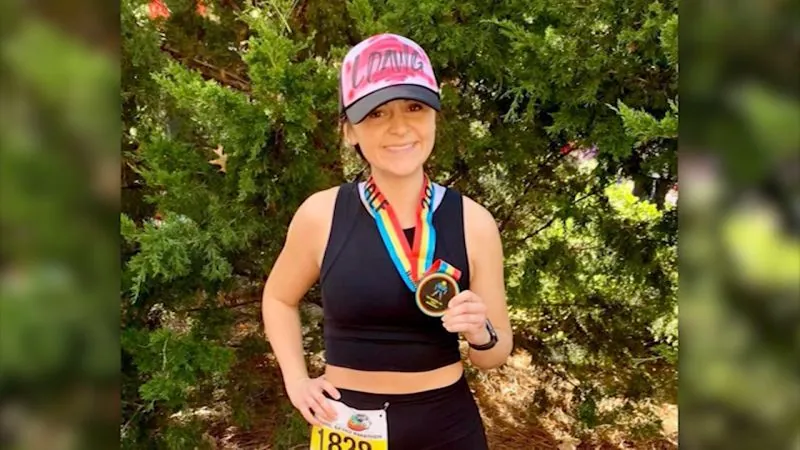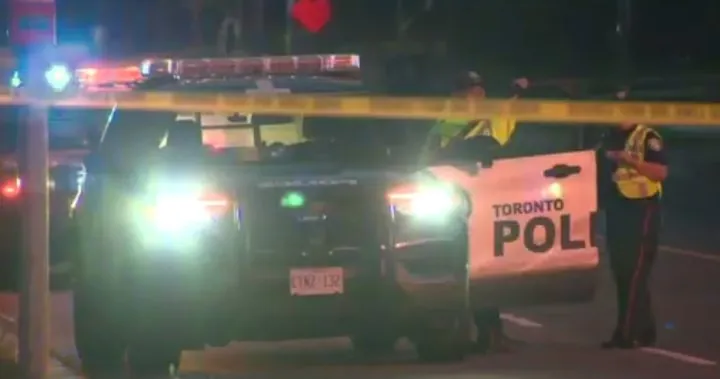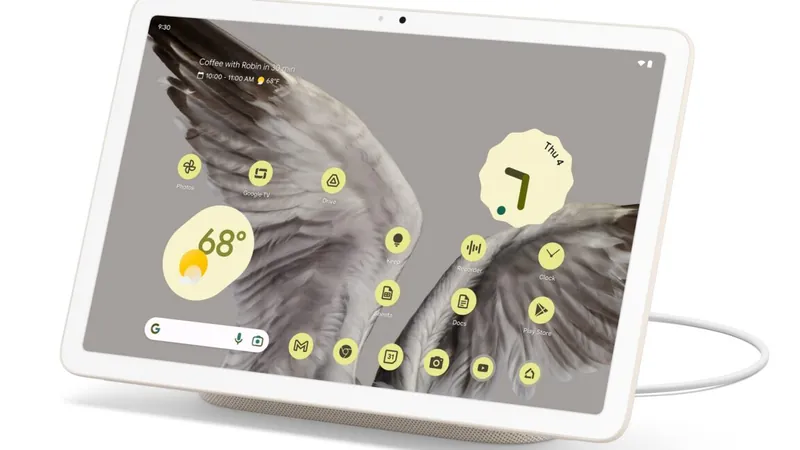
Shocking Revelations in the Georgia Murder Trial of Laken Riley
2024-11-16
Author: Liam
The courtroom in Athens, Georgia, was charged with emotion as trial proceedings began for Jose Ibarra, the undocumented migrant accused of murdering nursing student Laken Riley. Family members and friends struggled to cope as graphic videos and images of 22-year-old Riley’s lifeless body were presented, prompting several to leave the courtroom.
Riley, who had recently celebrated making the dean's list at Augusta University, met a tragic fate during her morning jog on February 22, shortly before her anticipated graduation. Prosecutors stated that Ibarra approached Riley while donning a black hat, a hoodie, and disposable gloves, a disguise intended to conceal his intentions as he allegedly targeted female individuals on the University of Georgia campus.
Prosecutor Sheila Ross articulated a grim narrative, alleging that Riley was brutally attacked after she resisted Ibarra's alleged attempt to sexually assault her. “[Ibarra] bashed her skull in with a rock repeatedly,” Ross charged, stating that crucial DNA evidence collected from beneath Riley’s fingernails linked Ibarra to the grisly crime.
Facing ten serious charges, including malice murder and aggravated assault with intent to commit rape, Ibarra opted for a bench trial instead of a jury trial, giving Judge H. Patrick Haggard the exclusive responsibility of determining his fate. Remarkably, Ibarra is also being prosecuted under Georgia's “peeping Tom” law, having allegedly been spotted trying to spy on another student on the same day of Riley's murder.
A Crime Sparking National Debate
Riley’s senseless death has ignited a fierce political dialogue centered around issues of crime and immigration as the nation heads toward the 2024 elections. The case has raised questions regarding the safety of college campuses and the implications of illegal immigration on communities.
Key Evidence and Testimonies
In a notable turn of events, prosecutors revealed that Riley was wearing a smartwatch during her jog, which has become crucial to the investigation. The FBI’s Cellular Analysis Survey Team analyzed data that indicated a significant incident occurred around 9:10 a.m., after which Riley initiated an SOS call to 911. Her smartwatch registered movement, with data suggesting she was engaged in a struggle with her assailant, and her last recorded heartbeat was captured at 9:28 a.m.
Witness testimony from one of Riley’s roommates provided insight into her whereabouts. Lilly Steiner noted that she had tracked Riley's location via her iPhone’s Find My feature and grew concerned when it remained unchanged for an extended period.
When Steiner and another roommate decided to investigate, they found one of Riley’s AirPods near the trail, which led to the eventual police notification.
When officers arrived, Sgt. Kenneth Maxwell described discovering Riley's body after a painstaking search that took just over 20 minutes. His body camera footage depicted the haunting reality of the crime scene, capturing his distress as he recounted attempting to revive her.
Crime scene specialists described the numerous injuries on Riley’s body, indicating a violent struggle had taken place. Notably, DNA evidence collected from her fingernails pointed to Ibarra, and investigators reported finding a thumbprint of his on her cell phone, further solidifying the prosecution's case.
Despite the mounting evidence, Ibarra's defense lawyer, Dustin Kirby, contended that the case against his client is largely circumstantial. “Any evidence that shows Ibarra killed Riley lacks direct proof,” Kirby argued.
With the trial set to continue on Monday at 8:30 a.m. ET, the legal proceedings are poised to unveil more shocking details in this tragic case that has captured national attention and stirred emotions in the community and beyond. Stay tuned as the story develops.









 Brasil (PT)
Brasil (PT)
 Canada (EN)
Canada (EN)
 Chile (ES)
Chile (ES)
 España (ES)
España (ES)
 France (FR)
France (FR)
 Hong Kong (EN)
Hong Kong (EN)
 Italia (IT)
Italia (IT)
 日本 (JA)
日本 (JA)
 Magyarország (HU)
Magyarország (HU)
 Norge (NO)
Norge (NO)
 Polska (PL)
Polska (PL)
 Schweiz (DE)
Schweiz (DE)
 Singapore (EN)
Singapore (EN)
 Sverige (SV)
Sverige (SV)
 Suomi (FI)
Suomi (FI)
 Türkiye (TR)
Türkiye (TR)